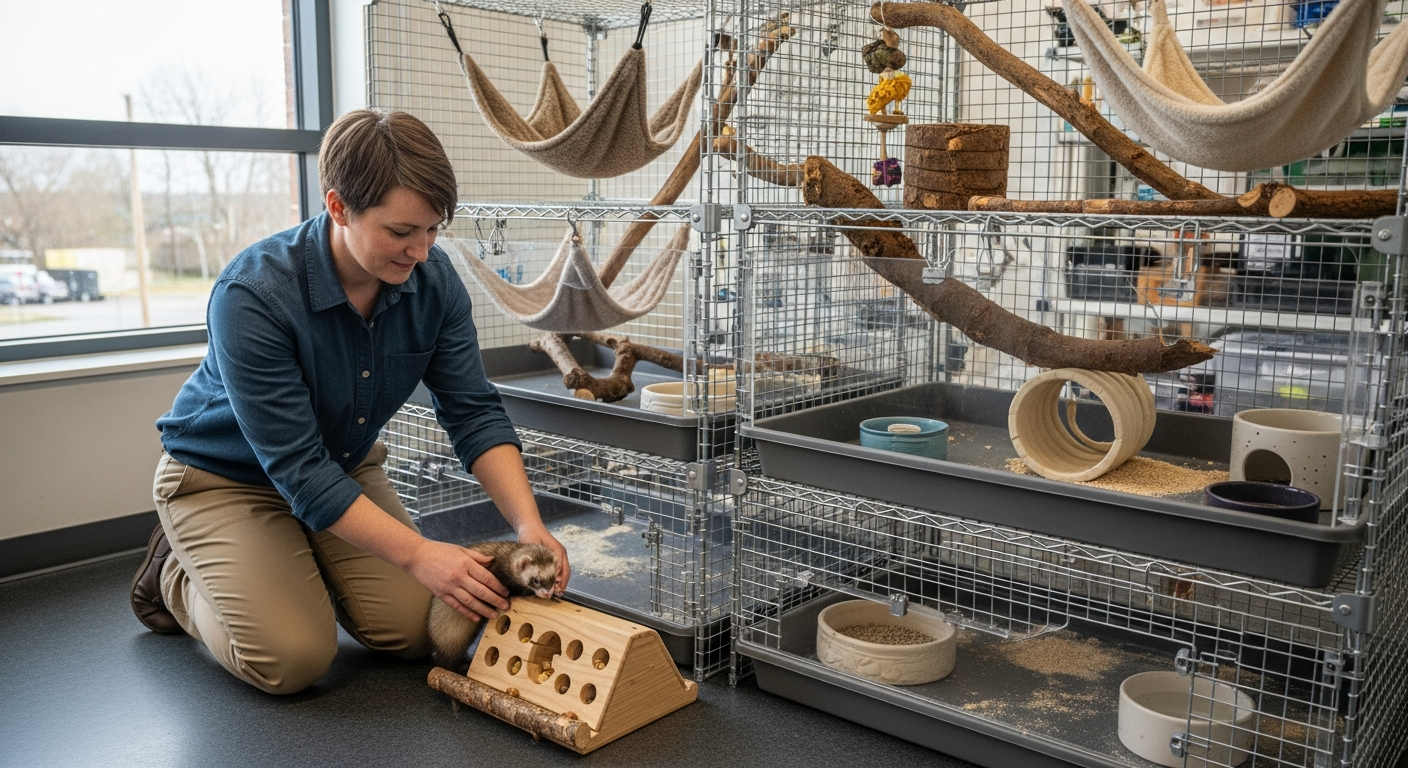Shaping Your Career Pathway: Understanding the Power of Transferable Skills
Introduction: In an ever-changing job market, one must remain adaptable and ready for new opportunities. Success lies in understanding the importance of transferable skills and harnessing them to carve a unique career pathway. This article delves into the concept of transferable skills, their relevance in today's professional landscape, and how you can use them to shape your career trajectory.
What are Transferable Skills?
Transferable skills are abilities and competencies that can be applied in various job roles across different industries. These skills can be acquired in any context – from prior work experiences, volunteer roles, or even hobbies – and can be used in multiple professional settings. They are often seen as soft skills, including leadership, communication, problem-solving, and time management, among others.
The Relevance of Transferable Skills in Today’s Job Market
The job market has been experiencing significant changes, with industries evolving and job roles transforming. In such a dynamic landscape, transferable skills have become the cornerstone of employability. They provide the flexibility to navigate different sectors and roles, thus fostering career stability and growth, regardless of industry changes.
Harnessing Transferable Skills: The Benefits and Challenges
Transferable skills offer numerous benefits. They increase employability, enable career mobility, and ensure adaptability to industry changes. However, the task of identifying and applying these skills can be challenging. It requires self-assessment, understanding job requirements, and effectively showcasing these skills to potential employers.
Practical Strategies for Developing and Utilizing Transferable Skills
Developing transferable skills involves constant learning, self-improvement, and seeking diverse experiences. Volunteering, pursuing hobbies, and participating in professional workshops can all contribute to skill development. Once acquired, these skills should be clearly articulated in job applications and interviews, demonstrating their relevance to the job role.
The Future of Work: Transferable Skills as the New Norm
The future of work will increasingly value transferable skills. As job roles continue to evolve, the ability to adapt and apply one’s skills in various contexts will be crucial. Therefore, understanding and harnessing transferable skills is not just beneficial but essential for long-term career success.
In conclusion, transferable skills are a key aspect of career development in today’s dynamic job market. By recognizing and leveraging these skills, individuals can navigate professional challenges and opportunities with greater confidence and success.







